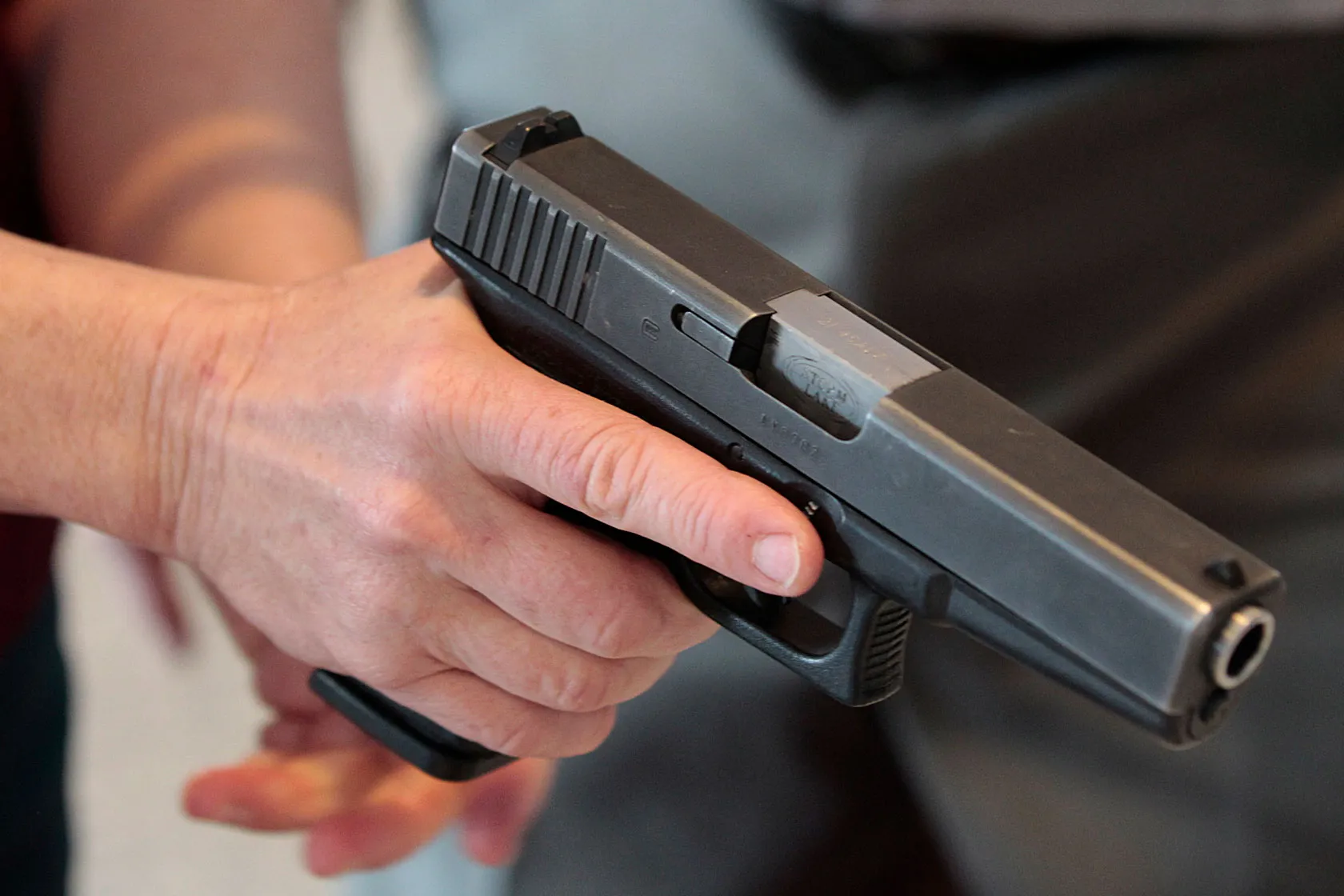In addition to personal interests, there are also national interests, which include state sovereignty, territorial integrity, democratic constitutional order, secure living conditions for citizens, and so on. Who should protect them? Some believe that this is the exclusive responsibility of specially created state bodies. Others are convinced that citizens also have the right and should participate in this process.
This is discussed by the authors of the article “Firearms in Civilian Hands: A Potential Threat to National Security or a Guarantee of a Resilient Society” Vadym Chernysh, Head of the Board of CENSS, and Victoriia Voronina, Executive Director of CENSS. Based on the analysis of regulatory acts, they justify the opinion that not only security and defense forces but also civilians can participate in the protection of national interests. The authors also present possible forms of involving armed civilians in national resistance. In particular, armed civilians can be effectively involved in resistance actions in their own or enemy’s rear. In their own rear, this includes opposing armed supporters of the aggressor country, enemy sabotage groups, and even lightly armed airborne troops. In occupied territories, civilians can be involved in armed resistance against the occupier.
The first and main condition for involving civilians in the defense of national interests is whether the state is generally interested in this. And if the state is interested in involving civilians in the defense against an armed enemy, it becomes necessary for such civilians to have firearms. But at the same time, is the state ready to allow its citizens to legally own firearms on a large scale?
Opponents of liberalizing civilian gun ownership emphasize that widespread distribution of weapons will lead to an increase in crime and violent crimes. The Minister of Internal Affairs, in turn, cites data suggesting that “Ukrainians may have from one million to five million units of trophy weapons in their hands.” What should be done about a situation that cannot be avoided, and how to balance differing opinions regarding civilian firearms ownership in favor of national interests?
The authors of the article conclude that Ukraine needs to urgently formulate a state policy on the circulation of weapons, which should be considered in light of current threats to national security, as well as potential threats in the post-war period. Forming such a state policy requires in-depth professional discussions, political debates, sociological studies, and the study of experiences from other countries.
The results of previous efforts will determine the content of the state policy on weapon circulation, clarify the activities of government bodies, align with the principles of democratic governance, and contribute to the protection of Ukraine’s national interests.
You can read the full text of the article here: link
Photo by: The Center for American Progress


